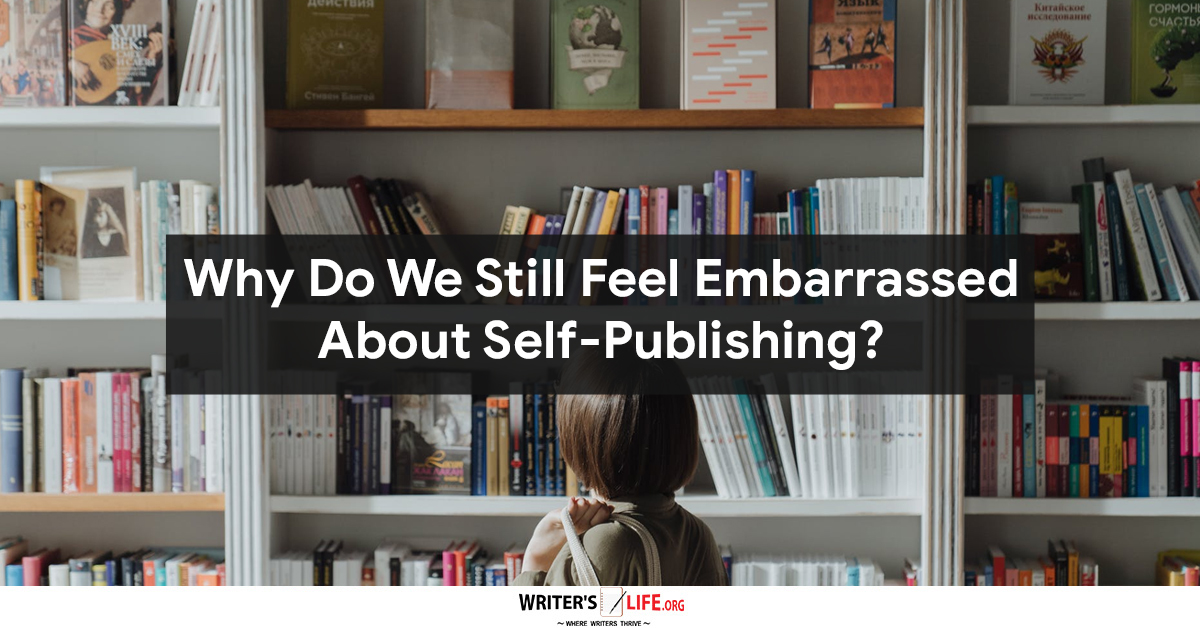- How To Tackle Jealousy In Creative Writing
- Common Submission Mistakes
- How To Stop Your Blog Becoming Boring
- The One Thing Every Successful Writer Has In Common
- How To Make Yourself Aware Of Publishing Scams
- Why Almost ALL Writers Make These Grammar Mistakes At Some Point
- 5 Tips For Authors On How To Deal With Rejection
- Top Mistakes to Avoid When Writing a Novel
- How to Avoid Common New Writer Mistakes
- 10 Mistakes New Fiction Writers Make
5 Things That Your Writing Clients Want to Hear Before They Hire

Share, Pin or Retweet If You Love Writing!
You don’t understand what happened. You’ve lost the gig… but everything was going so well! The client seemed keen to work with you, you’d hammered out the details, and the only thing left was the final go-ahead to start the work.
Instead of getting a green light, you receive a one-line email from the client that says they chose another freelancer.
It’s a difficult position to be in. You could always ask the client, “What happened? I thought we were good to go,” but that isn’t very professional. So you console yourself by thinking they must’ve found someone cheaper, or better.
It happens. There are other clients to woo.
Then it happens again.
You shrug it off, but you’re starting to wonder what’s going on… and then it happens a third time.
That’s when warning signals start going off in your head. And finally you entertain the possibility that the problem may not be with the client – maybe the problem is you.
Your mind goes into overdrive. Is working with you too complicated? Are you coming off as unprofessional? Are you no good at what you do? Oh god… what if you’re doing something wrong?
Before you launch into a full blown panic attack, take a deep breath. You’re probably just not saying what potential clients need to hear.
Here are 5 easy sentences that can change the game. Implement these into your client communication right away, and it likely won’t take long before you’re turning “we went with someone else” into “we want to work with you!”
1. Feel free to ask me any questions.
Always invite potential clients to ask you questions. They get conversation going, they move it along, and the more you engage with prospects, the less you have to work to convince them you’re the right person for the job.
I routinely receive emails from potential clients who aren’t sure whether they need a blog content plan. I don’t dismiss them thinking they don’t know what they want or assuming they won’t become clients because they’re not hot leads.
I explain how they can figure out whether a blog content plan is right for them, and why they might need one. I also lay out what it can help them achieve. And I end my explanation with, “If you have any questions, please feel free to send them over.”
It never fails to engage further conversation.
I end almost every email with that line, and you should do the same. The more questions you answer, the more potential clients trust you. They see you helping them, even though they haven’t promised they’ll hire you.
You might have to answer several rounds of questions before landing the gig, and that’s okay. Take the time to respond in detail. Educate potential clients, inform them, and assist them. They’ll love you for it, and they won’t walk away any time soon
2. Let me know if there’s any way I can help you.
Every now and then, a client will email you about a problem. This person may not mention needing a freelancer or even hinting that there’s potential work for you on the table. In fact, it sounds like they just want to pick someone’s brains.
Sometimes these are tire kickers or people looking for free help – but in most cases, these people are often looking for a freelancer who understands the problem, has a solution (or two) and is willing to provide support, feedback and information while they decide on the best course of action.
They aren’t sure they want to hire anyone. Yet. Present yourself as willing and ready to help, and they just might become solid clients of yours.
Men with Pens used this method very successfully. Go through their testimonials, and you’ll see that a lot of their clients say they didn’t know what they wanted when they first contacted James. They had a problem, and they reached out.
They rave about how James listened to their confused ramblings and delivered exactly what they wanted. That’s high praise!
The reason that Men with Pens does such an excellent job of turning strangers into clients is because they encourage their clients to talk and ask questions, and James is always ready to help – even when there’s no guarantee of being hired.
Do the same. Let your client know that you’re willing to offer your assistance. Share advice, encourage questions and listen to what potential clients say. The more you understand their problem and the more you can show you can solve it for them, the better your chances of being hired.
3. I’m sure we can work it out.
Having working terms & conditions is always a good idea. You should always have clear boundaries to protect yourself.
But what happens to a potential client who can’t meet those conditions?
Maybe the client can only pay a 20% down payment instead of the 50% you typically require. Maybe the client can’t afford your rates but could manage to pay in full, up front, if you’d lower your rates a touch in return. Or maybe the client really needs the work done urgently but just can’t find the money for that rush fee.
They might be great to work with… if you can work it out with them.
Telling the potential client that you’re sure there’s a workaround to your usual policies that satisfies both of you doesn’t mean you’re making promises – you’re extending an invitation for the client to talk about his issues to see if you can find a solution together.
You can decide not to be flexible. You can change your mind. It’s your prerogative. Just keep in mind that there’s usually a way to find a compromise and create a win-win. It might end up being the right decision.
However, there may be some situations in which you cannot give it more time or the client simply pulls away. In this case it is recommended that you follow the advice in the Get It Done Writer's Toolkit CLICK HERE! which is an online course that teaches you how to find inspiration, write and edit your projects with expediency. It helps you stay on track and motivated as a writer, whether you are writing a novel or copywriting for a living.
4. I’ll send you a brief recap to make sure we’re on the same page.
This is my secret weapon. What better way to show a client you know exactly what they want than recapping everything in a concise email? You’ll provide proof that you’re definitely on the same page for everything you’ve discussed so far.
A recap shows you’ve read all the emails, heard all the client has to say, and have clearly understood the problem at hand, as well as what’s expected of you. The client can clearly see you’ve paid attention and listened well, which is extremely reassuring.
So the next time you meet with a client or have a phone call together, immediately send them a recap email of your conversation. Mention the problem, what you’ll do about it, and the results the client will achieve.
Put everything in writing. You’ll avoid any potential he-said/she-said situations, there won’t be any confusion, and you’ll have a clear, written record you and your client can both refer back to.
An extra tip? Include suggestions and ideas they can use regardless of whether or not they hire you. It’ll help show them you’re the right freelancer for the job.
5. I’d be happy to refer you to another freelancer.
When it seems like the client still might not be convinced of hiring you, offer to bite the bullet and refer them to another freelancer.
Nothing shows a client they matter more than demonstrating that if you’re not the right person for this job, you’re confident enough to accept that and refer them to someone else who is. You can even offer to facilitate the introduction, if they’d like.
Just make sure the freelancer you refer is professional, and that the quality of his or work is above par. After all, your reputation is on the line!
Sure, the work may go to someone else, but you gained more than you’ve lost. You’ll earn this potential client’s respect, and if you gave a good referral, you’ll also earn his or her trust.
You might even earn yourself work down the line, because your chances of being hired the next time there’s a project up for grabs has increased tenfold. It’s surprising how many people remember you once helped them, and decide that while you weren’t the right fit for that particular job, you definitely might be for this one!
More often than not scuffles between clients and writers are due to misunderstandings about payment or deadlines. If this is the case then you can learn more about what clients desire in a freelance writer in The Get Paid to Write Course offered by Writers Life CLICK HERE! It is possible to make a great living as a writer, if you follow a few simple rules and make sure that you can offer people top notch skills.
Warning: Wooing clients is an art, not an exact science.
There’s no specific road map that helps you know exactly what to say to each potential client so that you land the gig every single time. You’re making educated guesses at what people want to hear, and it doesn’t always work out the way you’d hoped.
But it’s darned good practice. The work you’ll put into figuring out the right words will pay off over time, because good customer service never goes out of style.
And you’ll see the results for yourself. As you master the art of improving your communication and wooing clients, you’ll be rewarded with a more consistent workload, better projects, and satisfied people who appreciate what you do.
Samar Owais is the author of this article that was originally published on Men With Pens under the title of 5 Smart Sentences That Clients Need to Hear From You at http://menwithpens.ca/what-clients-need-to-hear/.




















